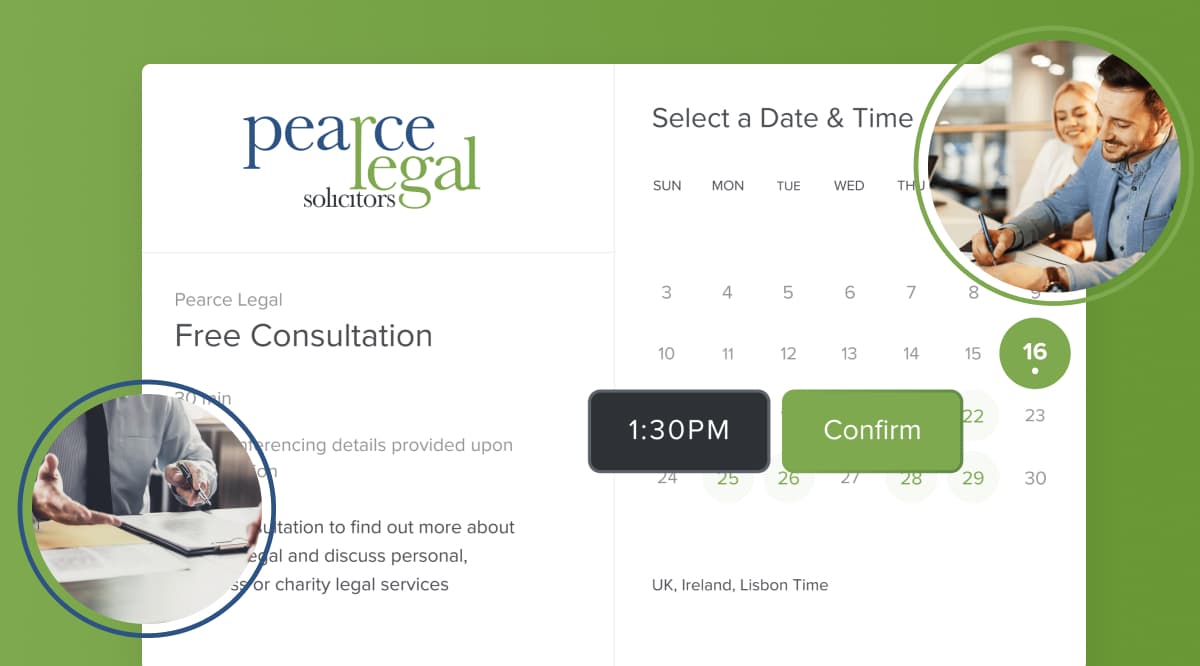Lasting Power of Attorney Solihull
Helping you make the right decisions about your assets and medical care
Book your free consultation
If you were to lose the ability to make your own decisions, either through accident or illness, Lasting Powers of Attorney are a way in which you can appoint someone you trust to deal with these on your behalf.
There are two types of Lasting Power of Attorney (LPA), one for Health & Welfare and one for Property & Financial Affairs. The benefits of each are:
Property & Financial Affairs
Allows your chosen attorneys to make decisions on your behalf as to how your bank and building society accounts are managed, pay your bills, collect any pensions or benefits you are entitled to and sell your property.
Health & Welfare
This LPA covers two scenarios. Firstly, where decisions needed to be made in relation to residential or nursing care and you were unable to appropriately make those decisions. Secondly, in relation to the giving or withholding of medical treatment, particularly in an end-of-life situation. Your chosen attorneys could be involved in any such discussions and decisions that needed to be made in these circumstances.
You can choose whichever LPA you would like to make, you do not have to have both. For instance, if you would like someone else to be able to decide on your medical care but you want to retain control of your finances you are able to do so. Both LPAs can only be used once they are registered and with your permission before your attorneys are able to make decisions on your behalf.
We can provide expert advice on which LPA(s) are right for you, register the documents for you and store them free of charge in our fire-proof safe.
For more information on our fees for this service please click here.
Frequently asked questions
What powers does the Lasting Power of Attorney grant?
A Lasting Power of Attorney (LPA) will grant your Attorneys the authority to make decisions on your behalf if you are unable to do so in the future. This could be due to you losing mental capacity as a result of illness or accident.
What are the two types of Lasting Power of Attorney?
The two types of Lasting Power of Attorney cover health and welfare and property and financial affairs. It is possible to make one without the other.
Can a family member challenge a Lasting Power of Attorney?
It is possible to dispute a Lasting Power of Attorney if you suspect that it has been granted to the wrong person, either because the individual did not have the capacity to make the decision, or because of fraud or undue influence.
Can a person with Dementia change their Lasting Power of Attorney?
Provided the individual still has mental capacity, they are able to make changes to their Lasting Power of Attorney. Once an individual’s condition has progressed to the point where they are deemed unable to make their own decisions, they would not be able to change or make a Lasting Power of Attorney.
Our specialists in Lasting Power of Attorney

Graham Pearce
Director

Rachel Ison
Associate Solicitor and Head of Department for Private Client

Madeline Hill
CILEx Paralegal
For individuals
- Family Law
- Divorce
- Child Law
- Civil Partnerships
- Cohabitation Rights & Agreements
- Pre and Postnuptial Agreements
- Wills, Trusts & Probate
- Making or Amending a Will
- Contesting a Will
- Trusts
- Tax Planning
- Lasting Power of Attorney
- Court of Protection
- Probate
- Employment Law
- Conveyancing Solihull
- Dispute Resolution
- Personal Injury
Get expert advice at a time that works for you
Book your free 30 minute consultation at a time and date that works for you.
Book your free consultation






